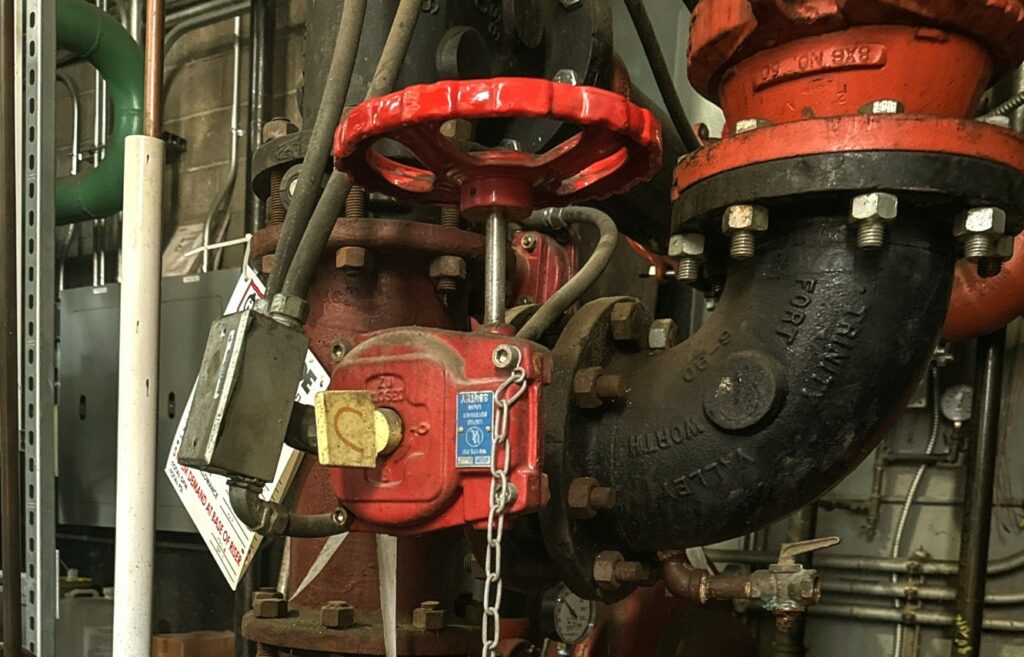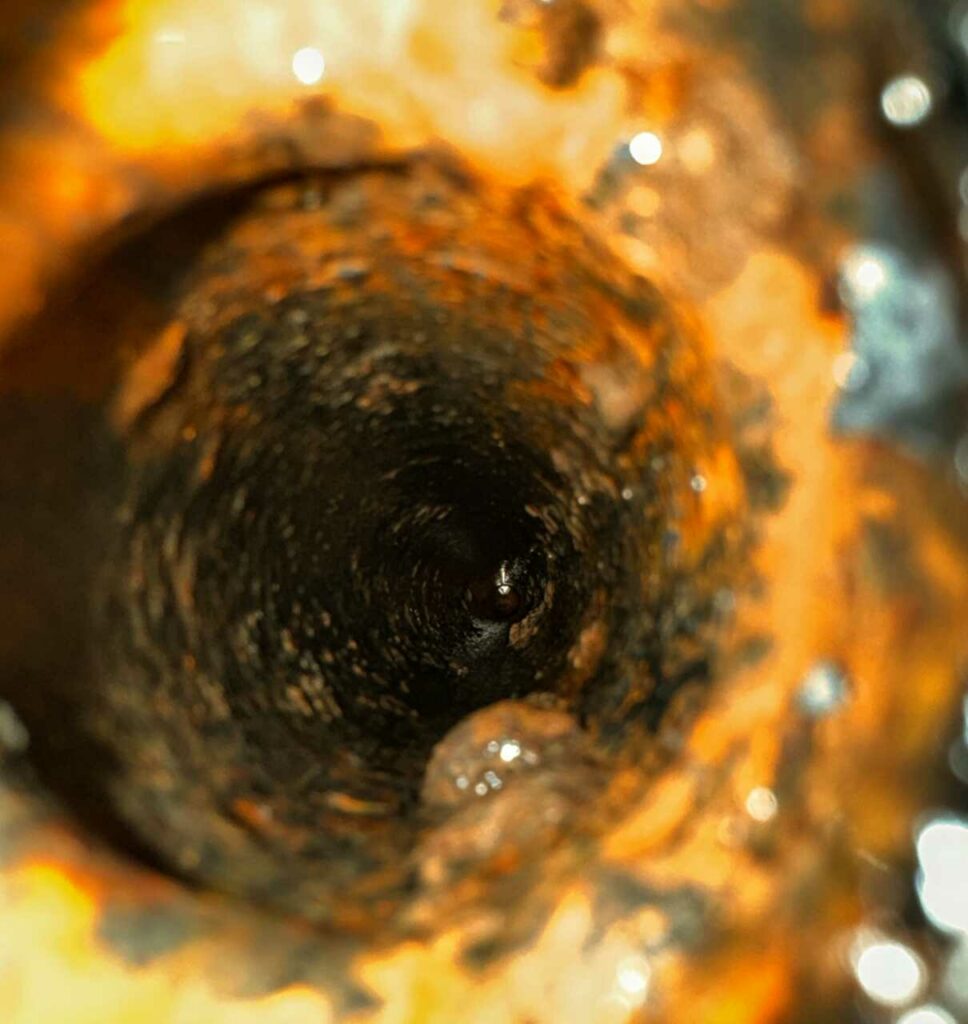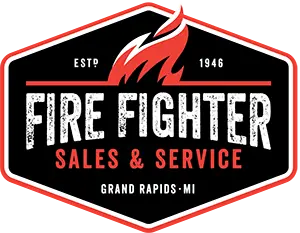
Contents
Fire sprinkler systems are essential for safeguarding buildings from fire hazards, but they require regular maintenance to ensure they function correctly when needed. One of the most significant threats to these systems is corrosion, which can weaken the pipes and compromise the system’s overall effectiveness. Understanding the types of sprinkler systems and the causes of corrosion can help you take proactive measures to extend the life of your system.
Types of Fire Sprinkler Systems
Wet Pipe Fire Sprinkler Systems
Wet pipe systems are the most commonly used type of sprinkler system. These systems keep the pipes pressurized with water, allowing for a quick response in the event of a fire. However, this constant presence of water makes wet pipe systems particularly vulnerable to cold weather and internal corrosion. The continuous water flow, combined with air pockets, creates an environment where corrosion is almost unavoidable.
Dry Pipe Fire Sprinkler Systems
Dry pipe systems use gas, typically from standard air compressors, to pressurize the pipes. This design prevents freezing, making it ideal for colder climates. Despite this advantage, dry pipe systems are not immune to internal corrosion. The air and small moisture pockets within the pipes create conditions conducive to corrosion, though these systems offer some flexibility in mitigation.
Understanding Corrosion
The majority of internal corrosion in both wet and dry pipe systems is due to Microbiologically Induced Corrosion (MIC). MIC occurs when bacteria create a chemical environment that accelerates the corrosion of metal. Contrary to a common misconception, the bacteria do not eat the metal itself but instead create conditions that promote oxidation and reduce iron, speeding up the corrosion process. MIC is particularly problematic in environments where there is a constant presence of moisture and oxygen.

In wet pipe systems, internal corrosion is somewhat inevitable due to the constant presence of water and air pockets. Although it’s challenging to prevent all corrosion, properly engineered systems can help minimize it. By bleeding excess air from the pipes, you can reduce the conditions that favor MIC, thereby slowing the corrosion process.
Dry pipe systems, however, often struggle more with MIC. The presence of air and small pockets of moisture makes it difficult to prevent corrosion, as these pockets are much harder to bleed off. One advanced, albeit expensive, solution is to equip the system with a nitrogen generator instead of using a standard air compressor. By pressurizing the pipes with nitrogen gas, you can virtually eliminate MIC, as nitrogen deprives the bacteria of the oxygen they need to thrive.
External Factors Affecting Sprinkler Systems Proper Storage Practices
External factors also play a significant role in the longevity of your sprinkler system. Fire riser rooms, often used for storage, can harbor corrosive items that damage the system’s components. Common corrosive materials include:
- Salt: Water softening and snow-melting salts are highly corrosive and should not be stored near the system.
- Pool Chemicals: Bromine and chlorine can severely damage piping, gaskets, and valves and should be stored elsewhere.
- Other Chemicals: Standard cleaners and household chemicals should be stored in proper containers or different areas to prevent corrosion.
Preventative Measures
An effective preventative measure to increase the lifespan of your sprinkler system is the regular application of rust-preventive oil. These oils are readily available at hardware stores and are easy to apply with a rag. Regular application can help prevent rust and save significant costs in repairs over time.
Conclusion
Maintaining the life of your fire sprinkler system requires attention to both internal and external factors contributing to corrosion. By understanding and addressing these factors—such as using nitrogen pressurization, managing storage practices, and applying rust-preventive oils—you can ensure your sprinkler system remains effective and reliable for years to come.
Recent Posts
The Hidden Dangers of Lithium-Ion Battery Fires and How to Prevent Them
From powering our smartphones and laptops to fueling electric vehicles, lithium-ion batteries have revolutionized how
Historic Fires and How they Changed Fire Safety
The Great Chicago Fire (1871) The Great Chicago Fire broke out on October 8, 1871,
Understanding Fire Classes and Their Hazards
Fires are not all the same. They vary in nature, fuel source, and behavior, which
